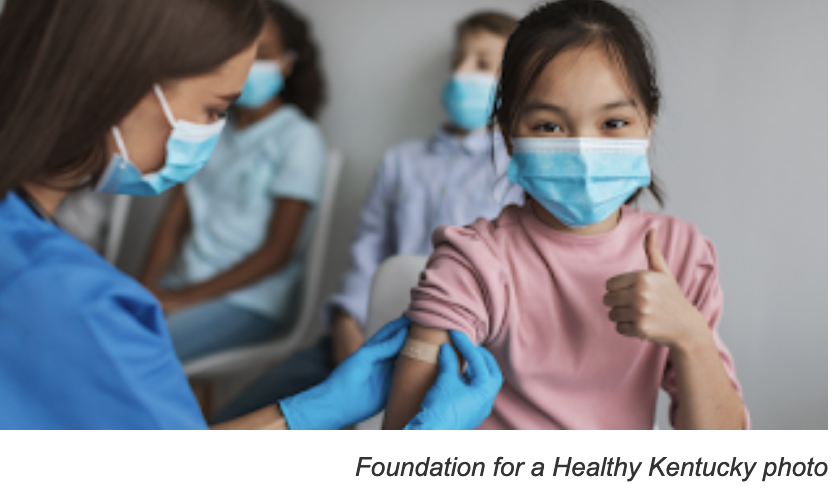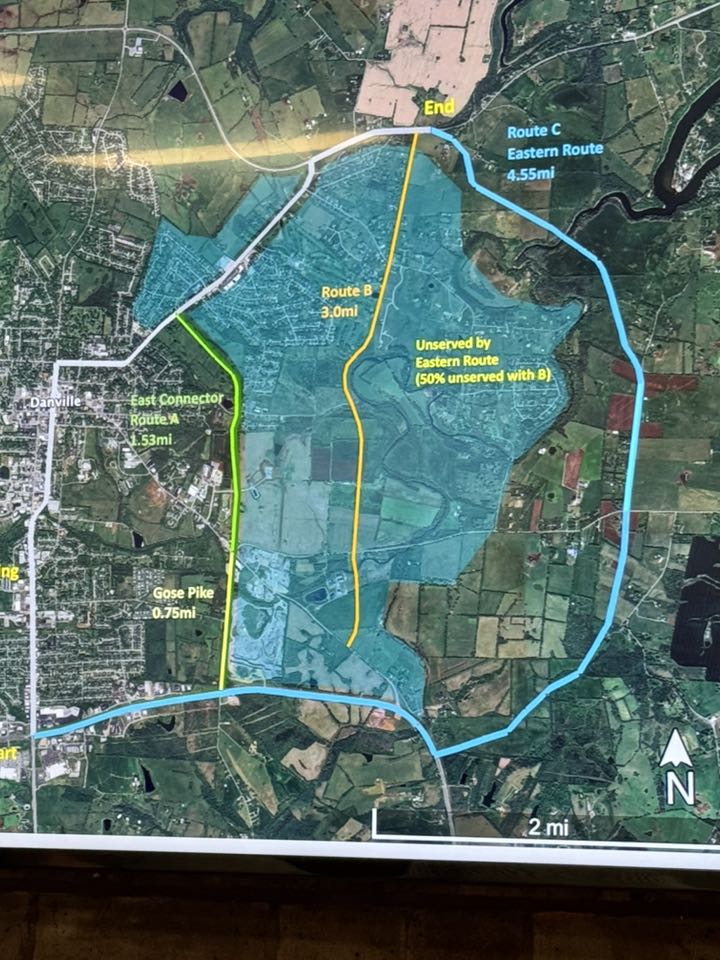Immunization rates continue to fall in Kentucky
Published 2:45 pm Thursday, May 16, 2024
The immunization crisis in Kentucky is not just a Kentucky issue, but is happening nationwide.
“It’s not going to take long before we see the effects of falling rates of immunizations. We’re seeing some decrease across the board, again, from coast to coast, border to border,” said Dr. Christopher Bolling, who represented the Kentucky Chapter of the American Academy of Pediatrics on a May 8 webinar hosted by the Foundation for a Healthy Kentucky titled “Tackling the Immunization Crisis.”
Bolling said many people have a “false view” that nothing will happen because of these falling immunization rates because it’s been so long since we’ve seen the illnesses that they protect against.
Trending
As a recent example, on May 7, the Lexington-Fayette County Health Department reported another cases of pertussis, or whooping cough. It was the city’s third case since late April. Since April 1, cases have also been confirmed in Boyd, Jessamine, Logan, Pulaski and Warren counties.
Brice Mitchell, spokesperson for the state Cabinet for Health and Family Services, told Kentucky Health News that there were 84 confirmed cases of pertussis in Kentucky in 2023, and 32 confirmed so far in 2024 — about the same rate, but dependent on confirmations that may be delayed.
Looking forward during the webinar, Bolling said it’s important to not let the controversies surrounding the Covid-19 vaccine influence people’s decisions to get vaccinated against other diseases.
“We really do not want to see it start affecting other vaccines as well,” he said.
Looking at Kentucky’s vaccination rates, he said that with the exception of young children’s diphtheria, tetanus and pertussis vaccines, Kentucky’s vaccination rates are lower than the national averages.
In particular, Bolling pointed to Kentucky’s low measles-mumps-rubella vaccination rate. He said Kentucky’s rate is 90.1%, the national rate is 93.1% and the level to achieve herd immunity is 95%.
Trending
“So we are susceptible,” he said. Herd immunity is the level needed to protect people who can’t or won’t be vaccinated for various reasons.
Bolling offered suggestions for health-care providers and others for how to talk to people about immunizations and fight misinformation. He said it’s important to always remember that behavior changes must be self-motivated.
“The choices they make are going to be based on their own values, their own standards, and their own understanding,” he said. “So you really want to evoke within them things that are going to help them make good decisions.”
Kelly Taulbee, director of communications and development at Kentucky Voices for Health, called the current climate around immunizations a “turbulent space.”
“Something to keep in context is you have entire families that don’t talk to each other anymore, friends that have lost connection simply because of the positions they took during the pandemic on immunizations,” she said.
Taulbee stressed that the importance of keeping an eye on policies that would hurt the state’s immunization rates, pointing to eight bills that were filed in the 2024 legislative session that did not pass.
Jessy Sanders, health communicator program manager for the Kentucky Rural Health Association‘s Immunize Kentucky Coalition, announced their upcoming events. Symposiums will be held in Hazard May 17, Somerset Aug. 8 and Paducah Aug. 23, and the 2024 Immunization Summit will be held Oct. 9.







